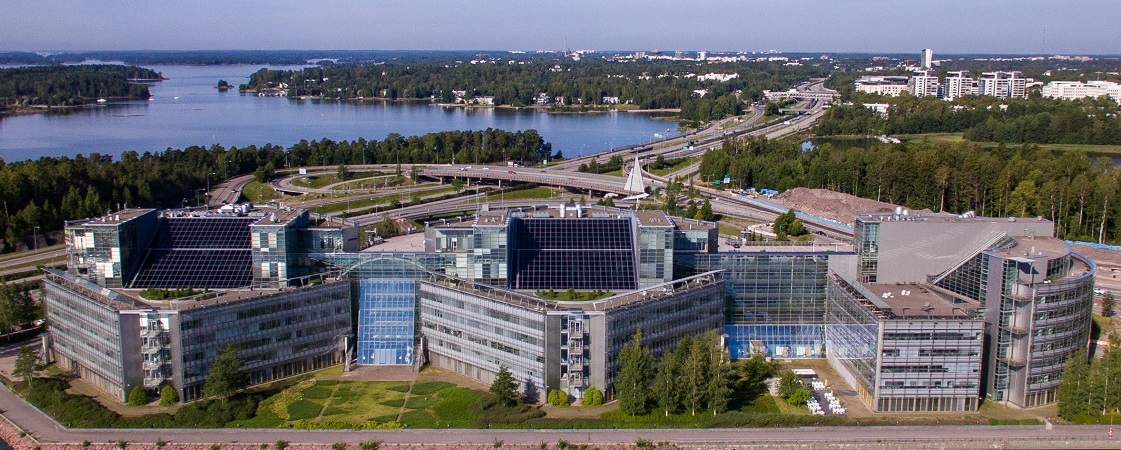SS16 - Workers’ safety, health and well-being in Industry 4.0
Special Session Organized by |
|---|
|
Beatrice Lazzerini, Department of Information Engineering, University of Pisa, Pisa, Italy; Francesco Pistolesi, Department of Information Engineering, University of Pisa, Pisa, Italy; |
Every day, just under 900 people die in the workplace as a consequence of an occupational accident. Non-fatal accidents yearly involve 317 million workers. But there is one more silent killer today: work-related stress. Stress affects almost 30% of workers, and can cause serious consequences, such as depression, panic, anxiety, and can increase up to 23% the risk of heart attack. The total number of working days lost due to work-related stress in 2017/18 was 15.4 million days.
Sensor networks and wearable devices, together with artificial intelligence (AI) technologies, are pervasive in Industry 4.0 to control and optimize many industrial processes. But in the next-generation industry, these technologies should also play a key role to monitor: i) the workers’ behavior; ii) the workers’ psychological state, and their stress level.
Continuously monitoring the workers’ behavior can prevent the injuries and, what is more important, can save the workers’ lives. The data collected by wearable sensors (e.g., accelerometers, gyroscopes) can be processed by AI techniques and systems to detect whether a worker performs a task safely or unsafely. Risk managers can thus identify the workers at risk—who need immediate safety training—, and teachers can adapt the safety training to each worker’s needs, and then measure the learning effectiveness in terms of the resulting increase in risk awareness.
On the other hand, wearable sensors can also measure various physiological signals (galvanic skin response, heart rate and so on) that AI-based systems can use to constantly monitor the workers’ psychological state and stress level. This is crucial to detect the workers that are stressed or that probably will, thereby preventing stress-related ill states.
Topics under this track include (but not limited to): |
|---|
- Wearable sensors and smart technologies for work-related stress detection, prediction and prevention
- Wearable sensor data analytics for workers’ risk and stress management
- Sensor network-based solutions to monitor the workers’ stress and risk awareness
- (Multi-criteria) decision making and decision support systems for sensorbased risk management and stress management
Deadlines |
|---|
| Submission of papers (regular, special sessions) |
|
| Notification of acceptance | |
| Submission of final manuscripts | June 05, 2019 |
Submission Guidelines |
|---|
Same submission guides as mentioned in the submission page apply. Please make sure to select the correct special session from the dropdown menu
Download Call for Papers |
|---|
Click here to download this special session call for papers



